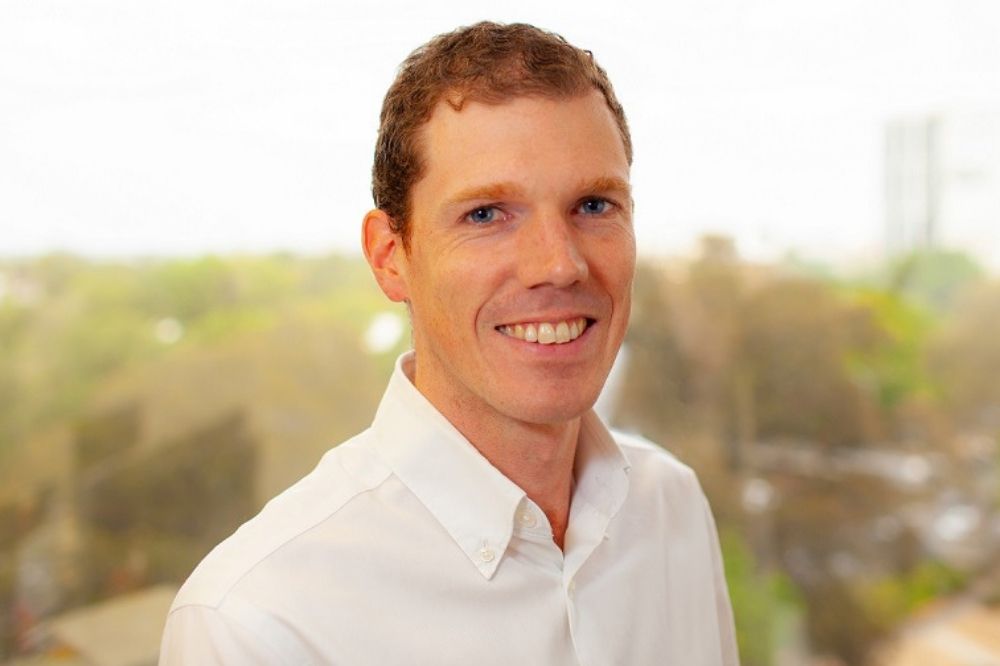
Creativity and original thinking are becoming increasingly critical for workers looking to protect themselves from being replaced by new technologies and automation. But while these concepts are common in higher education, primary and secondary schools have a lot of catching up to do.
The potential benefits of original thinking extend way beyond just the individual, helping the nation foster the next generation of innovators and entrepreneurs capable of devising solutions to the challenges of today and those we haven’t yet encountered.
James Thorley, the regional vice president APAC at Turnitin, has over 14 years of experience in the education technology sector and has been sharing best practices around technology and policy adoption in education, with the goal of improving education across the region.
He says original thinking is an important concept and is becoming more relevant as technology shapes the way teachers teach and students learn.
“In top level secondary education, original thinking is important, so we need to look at how we [Turnitin] can be more relevant in secondary schools and ask, ‘what are other sides of academic integrity?’” Thorley told The Educator.
“You’re not born with integrity, it’s a learned skill and characteristic. There is academic and general integrity; general integrity leads into academic integrity. The two are entwined and should be interconnected.”
Implications of A.I must be more carefully explored
Thorley said that as new and sophisticated technologies emerge, the organisation is focusing on building more guidance into its products that includes looking beyond traditional issues around academic integrity into new ones, such as the impact of AI.
He says it is becoming especially important to explore the implications of AI to academic integrity.
“We need to look at some specific examples. It’s important that we’re at the cutting-edge of how universities and schools can address this. Our philosophy regarding AI is not to replace teachers but create efficiencies in terms of what they’re already doing,” he said.
“We want to look at how we can maximise the human element in teaching, and at ways in which student assessment can be improved. This is of course relevant in higher education but also relevant generally.”
Thorley said that when the pivot to online learning happened in March 2020, the teaching aspect was a simple thing to solve, but assessment was much more challenging.
“Teachers are trying to transfer in-class tests to an online environment, but is it still the right assessment to be doing?”
Thorley said Turnitin has a new platform called Gradescope which is largely focused on STEM assessment.
“Such assessment typically involves using pen and paper and is not designed for an online format. Gradescope keeps the assessment offline but moves the marking online, so it’s much more efficient,” he explained.
“We’re looking at the idea of how to deliver more meaningful feedback, and how to get students to engage and improve that way through formative assessment. We’re also examining how to make sure the feedback suits secondary students and has an impact. That’s where technology can help.”
Using feedback for impact
Turnitin has been working with Laureate Professor John Hattie, and using his research on feedback, tested the hypothesis about which of the three main types – ‘where am I going?’, ‘how am I going?’ and ‘where to next?’ – is most powerful.
“We used our platform which has feedback elements where the teacher can leave comments on the document and looked at what kind of feedback was most powerful when it came to essays. The ‘where to next’ element of those aforementioned three types was the most powerful,” he said.
“Original thinking should become inherent to secondary education, particularly for students in their final stages and at the cusp of moving into higher education. The goal must evolve from simply having students assessed to pass through school, to instead teaching and empowering them to think above and beyond.”
Thorley said the added outcome is improved academic integrity, and, once students reach high school age, the mitigation of academic misconduct.
“There is a growing belief the relationship students form with academic integrity during early education helps establish an ethical decision-making framework that guides their personal and professional movements through life,” he said.
“Interestingly, in a 2019 Swiss study exploring how researchers acquire and develop notions of research integrity, ‘early childhood education and upbringing was described by participants as the key influence on their attitude towards research integrity’.”
Thorley said there has also been some interesting research out of the UK about the lack of preparedness from students transitioning from secondary school to university.
“It found they’re not being prepared around independent thinking and learning. In Australia, it would be interesting to know how universities are viewing this,” Thorley said.
“There is lots of work about students being prepared for work, but what about the shift of secondary to higher education in the context of original thinking, integrity and original work?”


